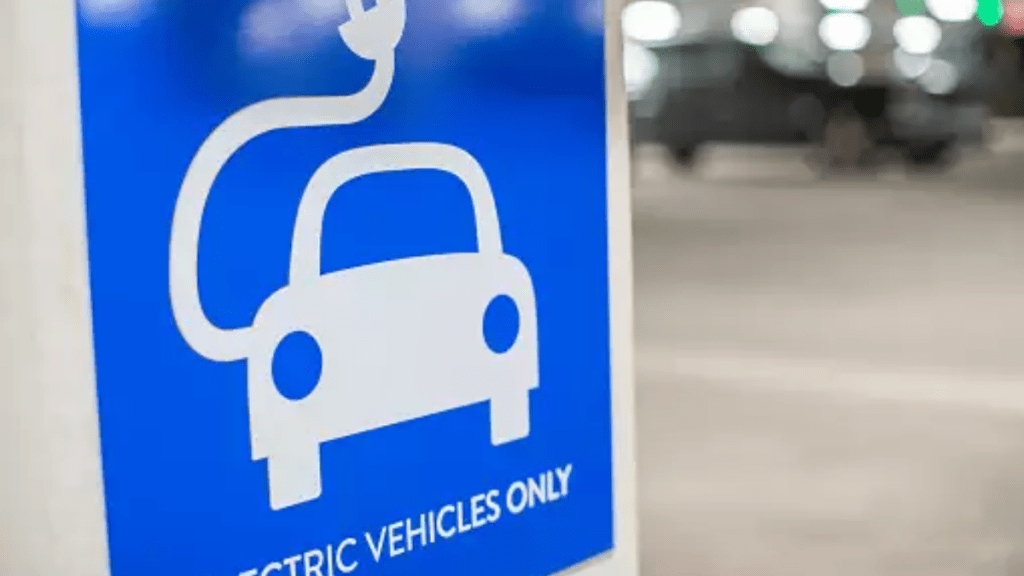Automakers will have to accelerate their adoption of electric-only vehicles (EV) over the next three years or risk facing stiff penalties under stricter regulations seeking near 20% reduction in carbon dioxide emissions.
Scheduled to be implemented in April 2027, the third phase of the Corporate Average Fuel Efficiency (CAFÉ) norms will require companies to improve vehicle fuel efficiency as well as reduce release of pollutants.
The much more stringent nature of the norms will leave automakers no alternative but to switch to electric. While CAFÉ 2, which is under implementation, allows carmakers to meet the norms by adopting CNG and hybrids, CAFÉ 3 is designed to discourage sale of non-electric cars.
In a recent media interaction, Shailesh Chandra, managing director, Tata Motors Passenger Vehicles and Tata Passenger Electric Mobility, said, “Certain OEMs (vehicle makers) have been able to meet the norms with zero or even low penetration of BEVs (EVs) in CAFÉ 2.”
In CAFÉ 3, he said, it will become “extremely difficult, if not impossible, to comply without EVs in the mix. Else, the companies will face significant penalties and also face the risk of adverse impact on brand image”, Chandra said.
While companies like Tata Motors, Mahindra & Mahindra and Skoda Auto Volkswagen are investing in pure EVs, others like Maruti Suzuki and Toyota Kirloskar, who do not have an EV in their portfolio as yet, are pushing their hybrid (partially electric) models.
Petr Janeba, brand director, Skoda Auto India, said, “Carmakers can reduce emission with existing measures such as hybrids. But the threshold (of CAFÉ 3) is far beyond what a hybrid can do. Its design signifies that the government is really pushing everyone towards EV. Without EVs, you cannot reach that threshold and no CNG, diesel or hybrid can be of any help.”
Though the government has not made public the performance of carmakers with regards to CAFÉ 2 norms for FY24, some companies like M&M and Maruti Suzuki claimed to have met the norms. CAFÉ 3 will be in force for a period of five years.
The Bureau of Energy Efficiency (BEE), a body formed under the ministry of power, invited stakeholders to share comments by the end of first week of July for finalising CAFÉ 3 and CAFÉ 4 norms.
While the CAFÉ 2 norm for passenger vehicles limited CO2 emissions (grams of CO2/km) to less than 113, down from less than 130 in CAFÉ 1, the CAFÉ 3 norm prescribes for 91.7 and 70 for CAFÉ 4.
The new norms will help India be on a par with the norms in place for the European region. The European Union CAFÉ regulation for 2020-2024 was 95g CO2/km for passenger cars. This will be reduced to 93.6g between 2025-2034, as per the stated targets.



















